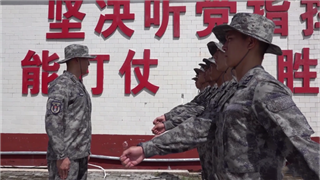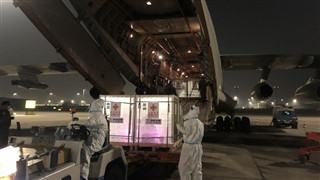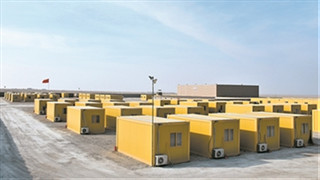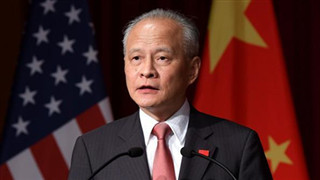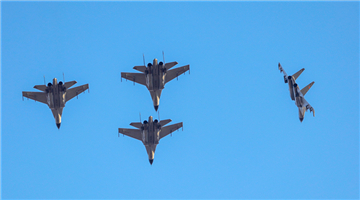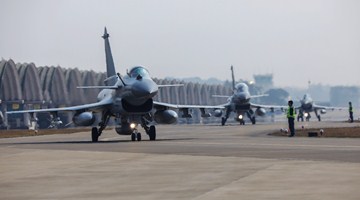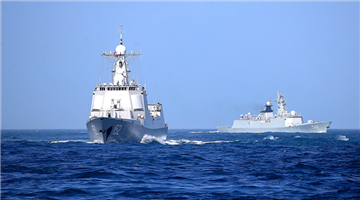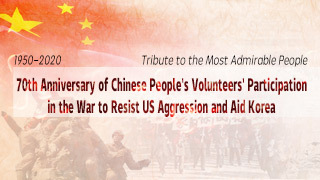By Zhang Ning
Moscow and Washington signed an agreement on January 26 on expending the New START treaty for five years “without preconditions, without any additions,” as Moscow insisted, indicating that the only remaining arms control pact between the two countries is likely to be extended after the INF Treaty lost effect in 2019. Russian Deputy Foreign Minister Sergey Ryabkov, who headed the talks with the American side on behalf of the Russian president, said the extension creates the possibility for the two countries to continue dialogues on the whole set of issues that influence strategic stability worldwide.
Previously, Moscow has expressed its willingness to extend the New START treaty without any preconditions on quite a few occasions. Still, Washington gave the cold shoulder to the gesture and kept throwing out conditions during the negotiations that were hard for Moscow to accept. President-elect Biden released signals to restart the procedures of extending the centerpiece US-Russia nuclear arms treaty. On January 21, the next day after he took office, the White House announced its intention to extend the treaty by five years.
Both Russia and the US have separate considerations for the extension of New START.
If the only extant bilateral arms control pact between the two countries cannot sustain, their mutual trust will fall to a new low, and a nuclear arms race will loom large, which doesn’t cater to their strategic aspirations.
For Kremlin, extending the treaty is conducive to maintaining its position in the domain of global strategic stability, easing the confrontation with the US, and avoiding getting sucked into a costly nuclear arms race with the US.
For the White House, the new president Biden needs to ensure America’s current nuclear superiority and effective nuclear deterrence by extending the treaty and hopes to discuss new topics with the Kremlin on that basis. He also wants to reshape US global reputation by showing the international community America’s commitment to arms control. Besides, the New START treaty is a political legacy from a Democratic presidency under Obama, and Biden, as a long-time partner of the former president, wishes to inherit and protect this legacy.
Notably, the extension of the New START treaty for five years won’t reverse the long-standing tensions between Russia and the US. Militarily, the Biden administration may be able to keep the New START treaty, but it’s not likely to re-join the INF and the Open Skies treaties that the Trump administration decided to quit. Politically, neither the Biden administration nor the Democratic partyis pro-Moscow, and Moscow accused the White House of being behind the recent massive protests in the country.
As the US and Russia can hardly bridge their divergences on Ukraine, Syria, chemical weapons, and cybersecurity, and their structural conflicts will stick for a long time, a substantial improvement of bilateral relations will face a string of obstacles. White House Press Secretary Jen Psaki recently said, “Even as we work with Russia to advance U.S. interests, so too we work to hold Russia toaccount for its reckless and adversarial actions.” US Secretary of State Antony Blinkenmade it clear at a recent congressional hearing that the Biden administration will use policy tools, including sanctions, to make sure Russia pays for what it did.


